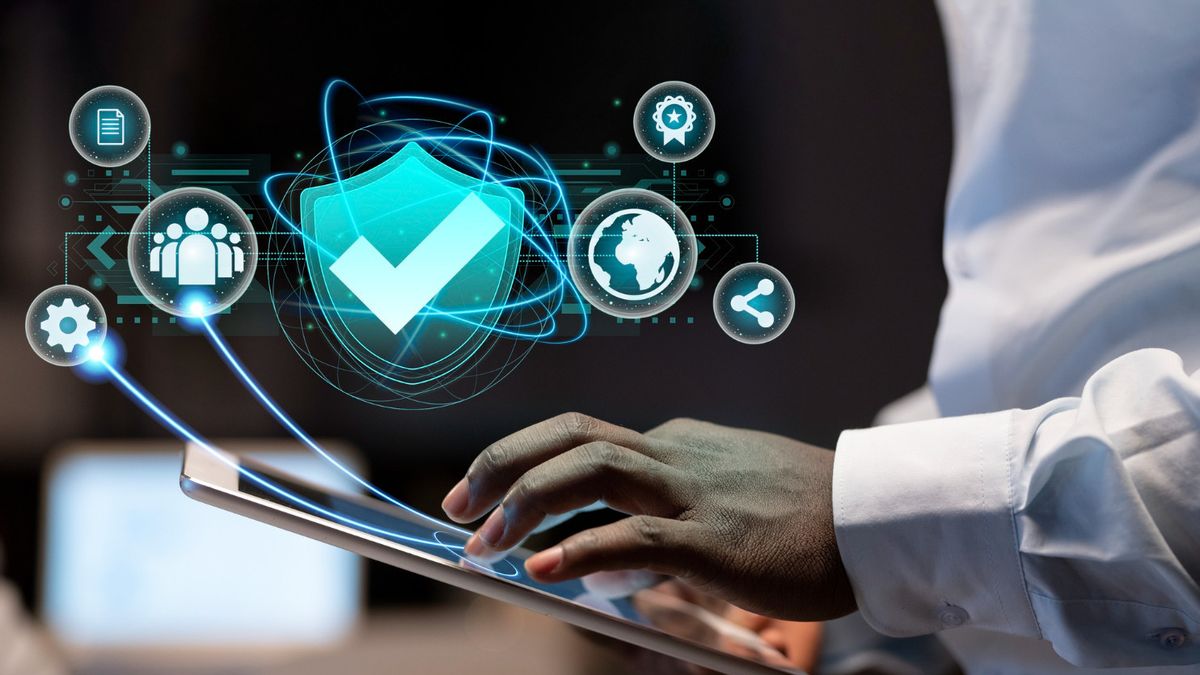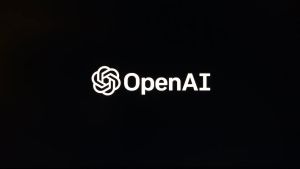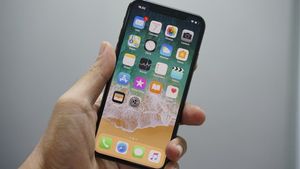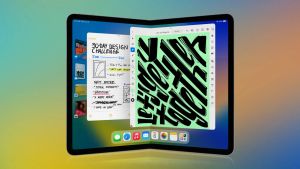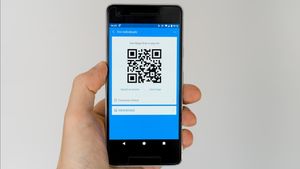YOGYAKARTA - Virtual Private Network (VPN) is a familiar term in the internet world. VPN is known as a tool that can connect one network with another with a private system using the internet network. So how does VPN work?
Since recent times, the use of VPN in internet activities has increased along with the rise of cases of digital theft of personal data. Now internet users and a number of digital applications are becoming more anxious because they are feared to be vulnerable to breaking into.
VPN is said to be one of the security solutions in surfing the internet. With a network that relies on a privacy system, the use of VPN is believed to make personal data more protected. Therefore, the public needs to know how VPN works and its benefits.
VPN is a software that allows users to privately connect their devices to the internet. The VPN function is in terms of the ability to provide secure access by directing connections via the server. VPN can maintain user privacy by hiding personal data.
SEE ALSO:
By using VPN services, you can access websites with security and confidentiality. VPN changes your connection path through the server and protects data exchange.
In simpler terms, VPN connects devices such as smartphones, tablets, or computers to the internet via other computers connected to the internet. This allows you to explore the internet via a computer network.
By selecting servers from different countries, you can access content that may not be accessible from your own country. When you use servers from other countries, the server becomes a starting point for exploring your internet.
VPN works by creating a network within the network, which is often referred to as a tunneling process. Tunneling aims to establish a private connection line by utilizing existing network infrastructure.
The way VPN operates involves hiding Internet Protocol (IP address) addresses by diverting connection lanes through servers owned by VPN service providers in different locations. In other words, when you use the internet via VPN, the location of the VPN server will be detected as the point of origin of your connection.
As a result, your internet service provider (ISP), the government, and other third parties cannot see the browsing activity or data content you send and receive.
VPN converts your data into an elusive format, so that even if there are parties who can monitor your data, they cannot elaborate or take advantage of the information in the data.
Here are some functions of using VPN in everyday life:
The most reliable function by VPN users is as a means of privacy when browsing and accessing important content that others don't want to see. VPN can help you cover up and hide the internet activities you're doing.
By keeping your user's status anonymous, VPN services protect you from digital monitoring. This service avoids tracking and monitoring of your comments and conversations online, thus protecting your right to argue without the need to use your real identity on social media platforms.
One of the benefits that users really appreciate is the ability of VPNs to maintain privacy while browsing the internet and access secret content that they don't want to share with others. VPN can help you hide and keep your online activities a secret.
One of the other functions of VPN is to support users in accessing blocked or sensor-hit websites. In fact, this function has a negative impact and is often misused by some individuals.
VPN is known to have a significant impact on business operations such as online transactions. This is useful, especially for those involved in business and often make transactions through the internet.
Demikianlah reviewasi mengenai cara kerja VPN dan fungiannya penggunaannya bagi kehidupan sehari-hari. Penggunaan VPN semakin meningkat karena banyak pengguna internet yang ingin beraktivitas secara lebih aman atau dilindungi datanya.
Stay up to date with the latest domestic and other overseas news on VOI. You are the latest to present and update nationally and internationally.
The English, Chinese, Japanese, Arabic, and French versions are automatically generated by the AI. So there may still be inaccuracies in translating, please always see Indonesian as our main language. (system supported by DigitalSiber.id)
